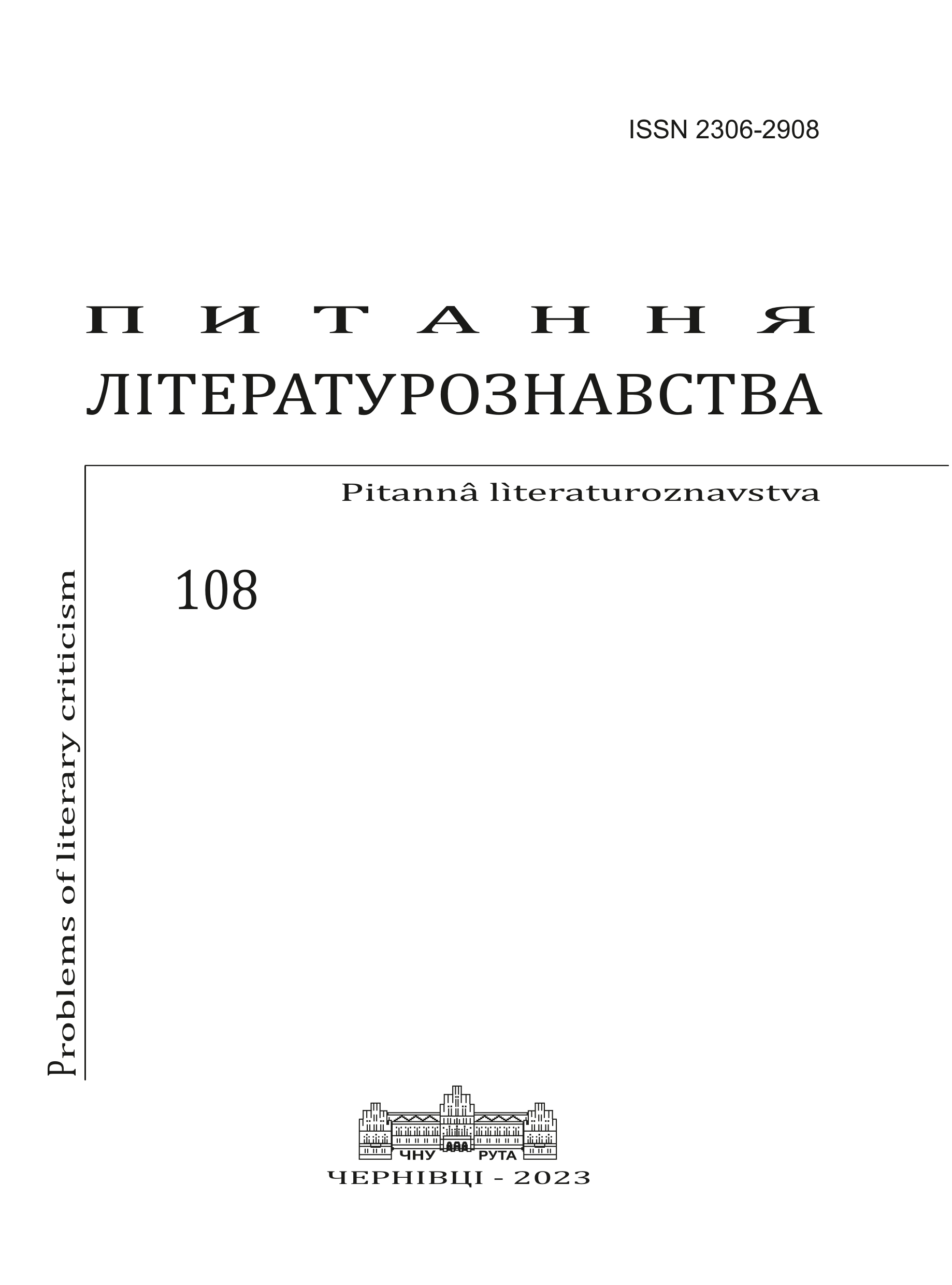Тарас Шевченко у просторі своєї лектури: час до 1837 року
Taras Shvchenko in the Space of his Reading: The Time before 1837
Author(s): Lidiia KovaletsSubject(s): Language and Literature Studies, Studies of Literature, Ukrainian Literature
Published by: Чернівецький національний університет імені Юрія Федьковича
Keywords: Shevchenko; Shevchenko’s childhood and youth; Shevchenko’s lectures; Shevchenko’s reader’s individuality; Shevchenko’s intellectualism;
Summary/Abstract: The paper examines the beginning of Taras Shevchenko’s history as a reader – the period up to 1837, which is the date of the first known work of the young genius, the ballad “Insane” (“Prychynna”). Three stages (“the ages”) are distinguished in this period: childhood (until 1828), pre-bachelorhood (1828–1831), and bachelorhood (1831–1837). The analysis involves direct self-evidence (memoirs of relatives and acquaintances, Shevchenko’s autobiographical novels and letters), scholarly and popular science studies of Shevchenko studies, samples of historical and biographical Shevchenko studies, etc. The main method used is the “reverse optics” method, aimed at cognizing the object of attention “from the outside” and “from the inside”. The article traces, in addition to social, purely private (home) prerequisites for Taras’s long-lasting interest in books, noting that the latter had not only a paper equivalent at that time: living history was learned from stories, folk songs also penetrated his mind and taught him. The features of the boy’s psychological communication with books in the elementary school of Kyrylivka, as well as during his stay in Vilno and in the first years after his arrival in St. Petersburg, are also discussed. Also outlined is the range of Shevchenko’s reading at this time, it is indicated which lectures the future poet met sporadically, by chance, and which he had long-term, one might say, lifelong, external and internal relations with. These are primarily religious books, then works of fiction by Ukrainian and foreign authors, works on history, etc. The article also discusses the people who supported Shevchenko’s unusual interest in reading and how these efforts correlated with the multicultural and spiritual contexts in which Taras was living at the time. Some attempts to ideologize the topic (such as the artificial attempts of Soviet artists to “infantilize” the image of Shevchenko in his childhood and youth, noted by H. Hrabovych) are also pointed out. It is concluded that even in this state, in the grip of merciless circumstances (early orphanhood, social slavery), Taras not only sought but also worked to broaden his horizons, as a result of which reading and knowledge contributed to his relatively broad erudition even for that time, and was a form of creative socio-cultural activity, a way of self-defense and self-realization. Obviously, this is how the unique reading consciousness of the genius was formed, not to mention that a bright, outstanding type of Ukrainian creative intellectual was cultivated.
Journal: Питання літературознавства
- Issue Year: 2023
- Issue No: 108
- Page Range: 69-96
- Page Count: 28
- Language: Ukrainian

